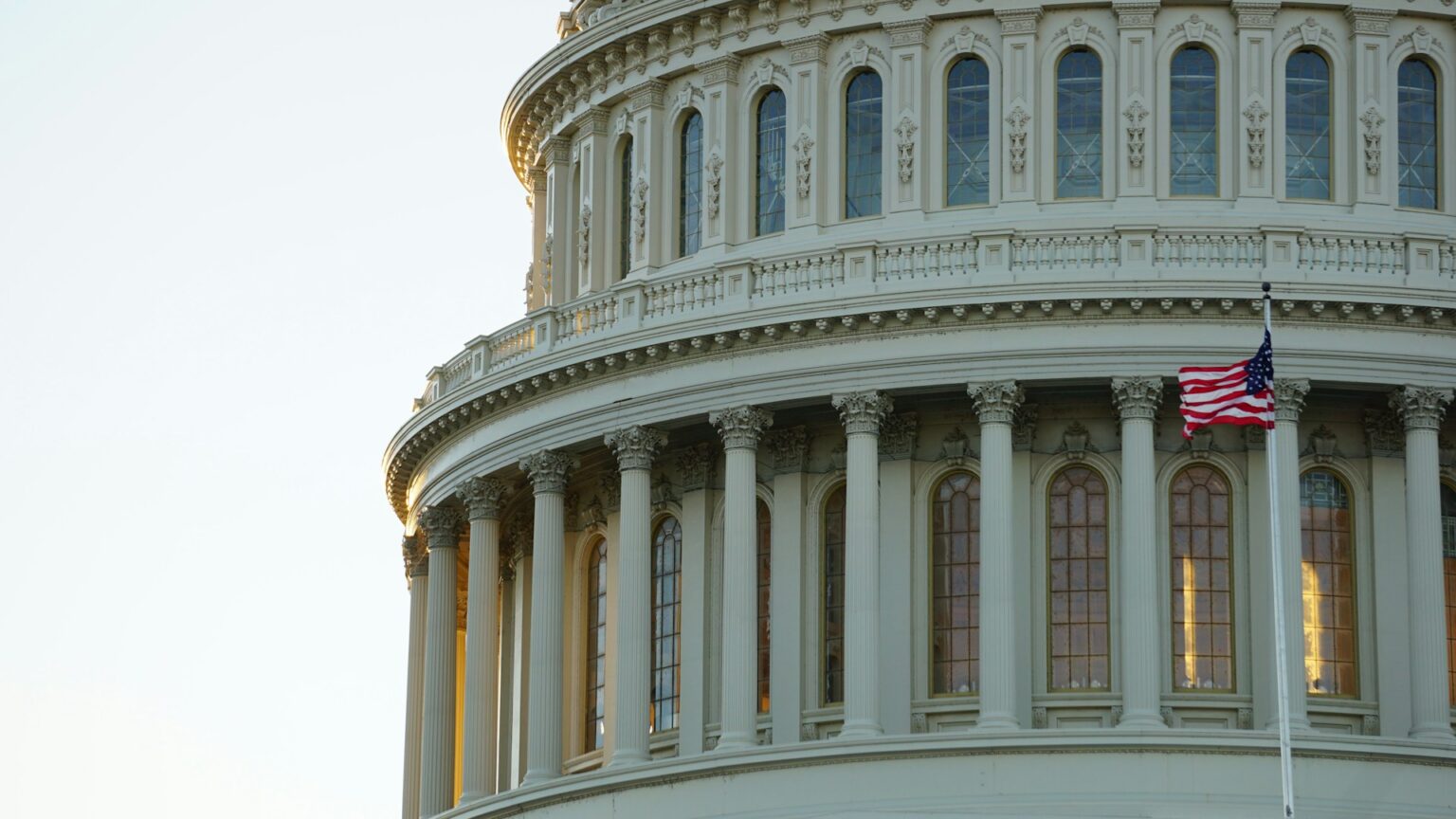In a significant development affecting the U.S. cryptocurrency landscape, a highly anticipated bill aimed at establishing regulatory clarity for stablecoins has encountered a roadblock in the Senate. This legislative effort, known as the Guiding and Establishing National Innovation for US Stablecoins (GENIUS) Act, was designed to create a comprehensive framework that would bring stablecoins under the oversight of Federal Reserve rules. Despite bipartisan support and numerous amendments to address regulatory concerns, the bill’s progression was halted, underscoring the deep political divides that continue to influence crypto policy discussions.
The Standoff: US Senate Halts the Stablecoins Legislation
Democrats Halt Progress on the Stablecoins Bill
The GENIUS Act, a pivotal legislative proposal for the regulation of stablecoins like USDT and USDC, failed to pass the Senate’s cloture vote. This setback emerged after several senators withdrew their support. According to Reuters, the bill garnered only 49 votes—falling short of the 60 needed to advance the discussion. Notably, even two Republican senators voted against the bill, joining their Democratic counterparts.
Originally introduced by U.S. Senator Bill Hagerty, the GENIUS Act aimed to offer a regulatory framework that encourages innovation while safeguarding the financial system. The bill had gained co-sponsorship from Senators Tim Scott, Cynthia Lummis, Kirsten Gillibrand, and Angela Alsobrooks. It emphasized developing a pro-growth regulatory environment to solidify America’s position as the global hub for cryptocurrency innovation.
Over recent months, the legislation was revised to incorporate stricter regulations for stablecoin issuers and robust Anti-Money Laundering (AML) provisions. Despite these adjustments, lingering concerns about the adequacy of AML and national security measures raised skepticism among some Senate Democrats. A letter expressing these concerns was signed by ten Democrats, including four who had previously backed the bill, highlighting potential regulatory loopholes that could jeopardize market stability.
Among the vocal critics was Senator Elizabeth Warren, who publicly opposed the GENIUS Act. She argued that the bill’s approval might facilitate “crypto corruption,” citing potential financial benefits for high-profile families associated with a UAE-based stablecoin deal.
‘Political Gamesmanship’ Accusations Emerge
Senator Tim Scott, one of the bill’s co-sponsors, criticized the opposition on the Senate floor, accusing Democrats of prioritizing partisan objectives over policy-making. He lamented what he saw as an opportunity lost to democratize the financial system and propel technological innovation.
Senator Lummis echoed similar sentiments, asserting on social media that digital assets represent the future, and the U.S. should lead this transition. She emphasized the importance of evolving digital asset legislation to maintain America’s dollar dominance and to establish the nation as a leader in the crypto space.
Treasury Secretary Scott Bessent also weighed in, stressing the global necessity for American leadership in digital assets. He warned that without federal oversight, stablecoins would face disparate state regulations, thus hindering growth and competitiveness.
“`html
What are stablecoins and why are they important?
Stablecoins are digital currencies pegged to a stable asset, like the U.S. dollar, to minimize volatility. They are significant in the crypto ecosystem because they offer a reliable medium of exchange and are often used as a gateway between fiat currencies and other cryptocurrencies.
How could the rejection of the GENIUS Act impact the crypto market?
The rejection may lead to regulatory uncertainty, hindering innovation and potentially driving crypto enterprises to more favorable jurisdictions internationally. It could also result in a patchwork of state-level regulations, complicating compliance for companies operating nationwide.
What were the key arguments against the GENIUS Act?
Opponents, particularly among Senate Democrats, raised concerns about the lack of comprehensive AML and national security safeguards in the bill. Some feared it could open avenues for financial corruption and exploitation within the crypto industry.
Is there a future for stablecoin regulation in the US?
Despite the setback, there remains bipartisan interest in establishing regulatory clarity for stablecoins. Future legislative efforts are likely as lawmakers recognize the growing importance of digital assets in the global financial system.
“`
This detailed analysis of the GENIUS Act illustrates the ongoing challenges and political dynamics influencing U.S. cryptocurrency regulation. As policymakers grapple with these complexities, the future of stablecoin legislation remains a critical area of focus for ensuring America’s leadership in digital finance.

